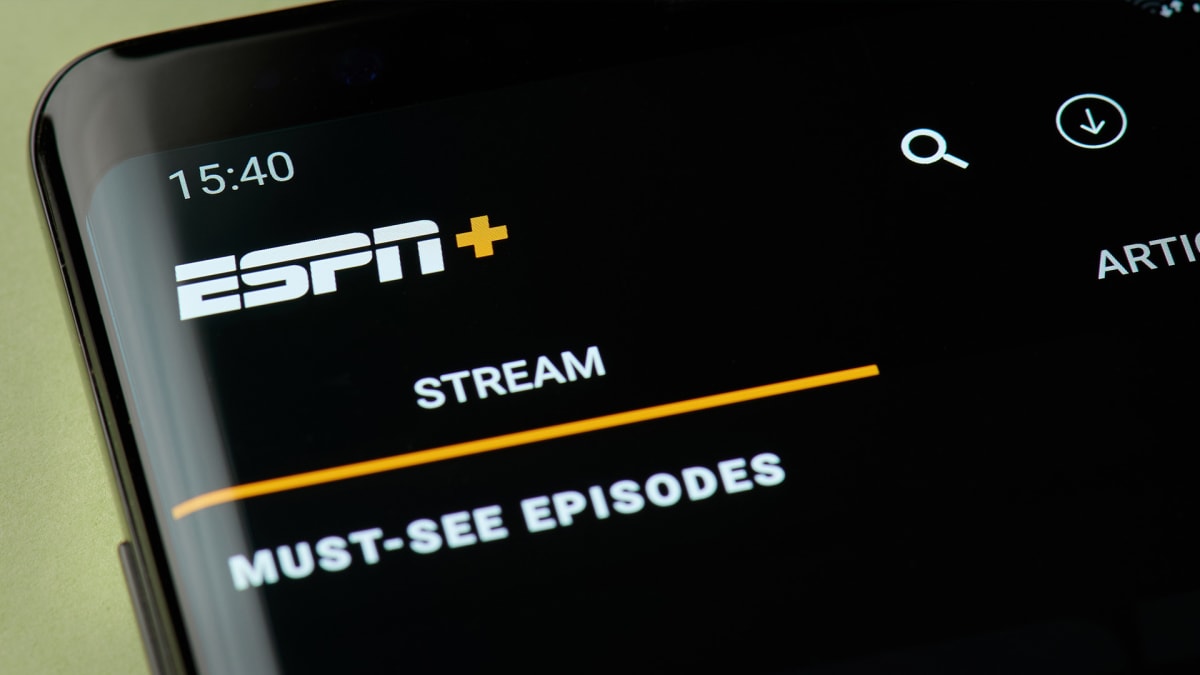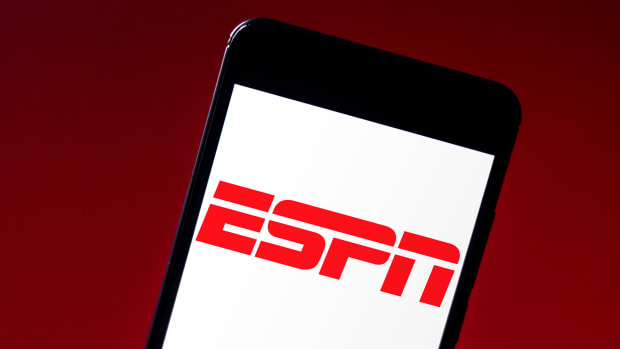
Disney’s (DIS) ESPN network is “laying the groundwork” for a streaming version of the dominant sports TV network, knowledgeable sources have told The Wall Street Journal.
So what are the implications for TV viewers, sports leagues, Disney itself and cable carriers, such as Comcast (CMCSA)? In a word the impact is mixed.
As for viewers, “if you’re a heavy sports fan, you will probably still buy the cable bundle, because that’s how you can get [the entire universe] of sports programing,” says Ed Desser, president of Desser Sports Media, a consulting firm.
For cord cutters interested in a streaming version of ESPN, they would likely have to pay up. Currently, cable carriers dole out $9.42 per subscriber, per month to carry ESPN, according to S&P Global Market Intelligence. That’s the highest fee for any network on cable TV.
Meanwhile, the YES Network, which televises the New York Yankees and Brooklyn Nets, charges cable carriers $7.44 a month and has a streaming service that costs viewers $25 per month, says Justin Beitler, director of media rights consulting at Octagon sports agency.
And New England Sports Network, which televises the Boston Red Sox and Bruins, charges cable carriers $5.78 a month and has a streaming service that costs viewers $30 per month.

$40 a Month for Streaming ESPN?
Extrapolating from these numbers, ESPN would charge about $40 per month. “Will people be willing to pay?” Beitler asks. “ESPN might lose a chunk of viewership. It may have seen peak revenue.”
Still, the company has no choice but to charge that kind of price, he says. ESPN’s subscriber count has decreased 3% annually over the past 13 years, but its revenue from cable carriers has increased 6% a year. “So they’re making 3%,” Beitler says. “That will change if they lose audience” at a higher rate.
Disney’s relationships with cable carriers also dictate a high price for a streaming version of ESPN.
“It can’t alienate [cable] distributors with a low price to cord cutters,” says Curt Pares, president of CAP Sports Group, a sports media consulting firm. A low price for the streaming service could encourage viewers to abandon cable.
If revenue indeed stalls for ESPN, could that put downward pressure on the amount it -- and perhaps other media companies – will pay sports leagues for broadcasting rights? For the NBA, NFL and major college sports, not much will change, experts say.
Interest from Tech Sector
“As long as technology companies continue to want to get in, it’s hard to imagine rights fees will go down,” according to Pares. Alphabet, Apple, Meta Platforms and Amazon all have broadcast sports events.
However, given the changed broadcasting economics, “it’s hard to justify a rights fee increase for second or third tier sports,” Beitler says.
Cable distributors, of course, have suffered a steady erosion in their customer base over the past few years. So if a streaming version of ESPN causes more viewers to cut the cord, that’s a major problem for the carriers.
While ESPN costs cable distributors more than any other network, “sports properties are one of the lynchpins holding the cable bundle together for the last decade,” Desser says. “So if more sports content is available through streaming, that makes the bundle less attractive. Cable carriers are at risk.”







